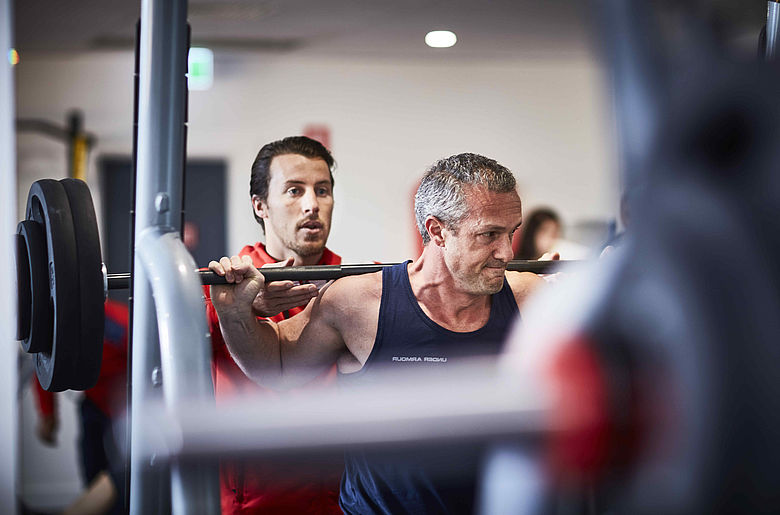After an intense workout session, your body needs proper recovery to repair and grow stronger. Recovery is just as important as the workout itself, as it allows your muscles to rebuild, replenishes energy stores, and reduces the risk of injury. Incorporating effective recovery strategies into your routine can enhance your performance and overall well-being. Here are three key methods to aid in post-workout recovery:
Stretching: Enhancing Flexibility and Circulation
Stretching is a crucial component of any workout routine, often overlooked or rushed through. It plays a significant role in improving flexibility, reducing muscle tension, and enhancing circulation. Engaging in dynamic stretches before a workout can help prepare your muscles for activity and prevent injury. Post-workout, static stretching helps to lengthen muscle fibres, promoting muscle recovery and reducing soreness. Incorporating yoga or Pilates into your routine can also provide additional benefits, such as improved balance and relaxation. Dedicate time to stretching after each workout session to optimise your recovery process and maintain flexibility for future workouts.
Food as Fuel: Nourishing Your Body for Recovery
Nutrition plays a vital role in post-workout recovery, providing essential nutrients to repair muscles and replenish energy stores. Consuming a balanced meal or snack containing carbohydrates and protein within 30 minutes to an hour after exercise is crucial for muscle recovery and glycogen replenishment. Carbohydrates refuel your energy reserves, while protein aids in muscle repair and growth. Opt for whole foods such as lean meats, eggs, fruits, vegetables, and whole grains to provide your body with the necessary nutrients for recovery. Additionally, staying hydrated is key for optimal recovery, as water aids in nutrient transport, temperature regulation, and muscle function. Aim to drink plenty of water throughout the day, especially before and after exercise, to support your body's recovery process.
Rest and Sleep: Allowing Your Body to Repair and Recharge
Rest and sleep are essential components of post-workout recovery, allowing your body to repair and recharge for future activity. During sleep, the body releases growth hormone, which aids in tissue repair, muscle growth, and overall recovery. Aim for 7-9 hours of quality sleep each night to optimise your body's recovery process and enhance performance. Additionally, incorporating rest days into your workout schedule is crucial for preventing overtraining and reducing the risk of injury. Use rest days to engage in low-impact activities such as walking, swimming, or gentle stretching to promote recovery while still staying active. Listen to your body's cues and prioritise adequate rest and sleep to support your fitness goals and overall well-being.
Prioritising post-workout recovery is essential for optimising performance, preventing injury, and achieving your fitness goals. Incorporating stretching exercises, nourishing your body with proper nutrition, and prioritising rest and sleep are key strategies for supporting your body's recovery process. By implementing these recovery methods into your routine, you can enhance muscle repair, replenish energy stores, and improve overall recovery time, allowing you to perform at your best day after day. Remember, recovery is just as important as the workout itself, so make it a priority in your fitness journey.
at Prahran
Are you our next success story?
Enjoy a two week FREE experience pass, when you book a free consultation today.

